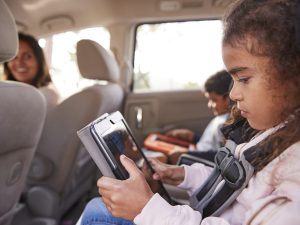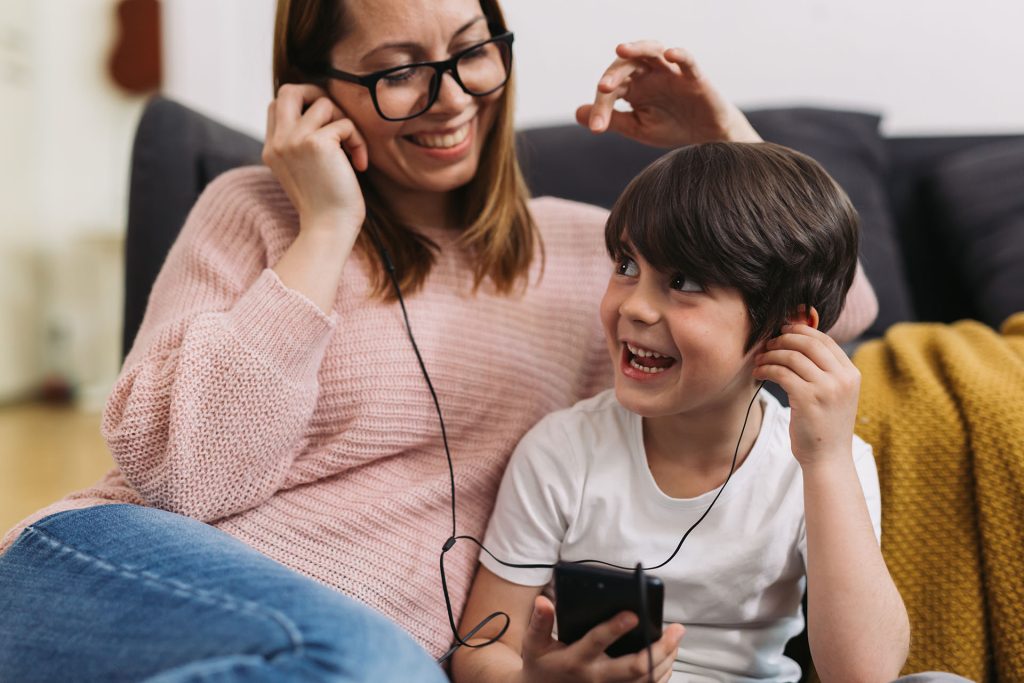Music is more than just a pleasant background sound; it is a dynamic tool that enhances the multifaceted development of young children. From infancy through the preschool years, music can aid in laying the foundations for lifelong skills.
Research consistently highlights its profound effect on cognitive, emotional, and physical growth, making it a critical element of early education.
Incorporating music into early childhood development supports learning and fosters a nurturing environment that encourages children to explore and express themselves.
As we delve into the specifics, it becomes clear that music is not merely entertainment; it’s a powerful educational instrument that aligns with the developmental needs of young learners, stimulating growth in ways that other mediums cannot.
Cognitive Benefits
Music naturally engages children’s brains, sparking neural connections that bolster memory and learning capacities.
Rhythmic and melodic elements introduce patterns and sequences, which are fundamental aspects of cognitive development.
Studies suggest that children regularly exposed to music often display advanced skills in areas such as problem-solving and reasoning compared to their non-musically engaged peers.
The structured nature of music also helps children understand mathematical concepts, such as counting and spatial awareness, through an enjoyable and immersive medium.
Engaging with music from a young age not only helps children develop a keen ear for nuances in sound but also enhances their ability to focus and process information, setting a strong cognitive foundation that supports academic achievement.
Emotional and Social Development
Music is a powerful conduit for emotional expression. It provides children with an outlet to express their feelings and helps them understand and manage their emotions better.
Participating in musical activities can also diminish stress and anxiety, fostering a calm and composed environment conducive to growth.
Socially, music serves as a bridge that brings children together.
Group musical activities, such as singing and dancing, require cooperation and communication, essential for social development.
These interactions boost children’s confidence and help them develop empathy and understanding towards others, laying the groundwork for healthy social relationships.

Language Skills
The link between music and language acquisition is well-documented. Engaging with music helps children improve their language skills by enhancing their ability to decode sounds and rhythms.
This auditory processing is crucial for language development, particularly in the early years when children are most receptive to phonetic nuances.
Songs and rhymes are not only fun but are also rich in vocabulary and linguistic structures, offering children a diverse range of language exposure.
Regular musical play introduces new words and phrases in a context that makes them easier to remember, significantly aiding language retention and usage.
Physical Development
Music encourages children to move, dance, and play instruments, which are vital activities for physical development. These activities enhance motor skills by promoting coordination, balance, and timing.
As children clap, stomp, or wiggle in response to music, they develop fine and gross motor skills in a structured yet playful environment.
Moreover, musical activities often require children to use their hands in various ways, whether it’s playing percussion instruments, using props, or making hand gestures that accompany songs.
This not only improves hand-eye coordination but also supports the overall physical agility and fitness of young learners.
Musical Activities to Try at Home or in the Classroom
There are numerous simple musical activities that parents and educators can implement without needing extensive musical training.
For instance, regular sing-alongs can boost memory and language skills, while rhythmic clapping games can enhance motor skills and cognitive development.
Introducing children to a variety of musical instruments encourages exploration and sensory development.
Moreover, creating a ‘music and movement’ corner in the classroom or at home can provide children with an opportunity to explore sounds and movements freely.
This encourages creativity and self-expression, allowing children to experiment with their own musical ideas in a supportive setting.
Conclusion
The role of music in enhancing early childhood development is indisputable.
It enriches the educational landscape by providing a multi-sensory experience that promotes learning across various domains.
By integrating music into daily activities, educators and parents can provide children with a rich, engaging, and supportive learning environment.
We encourage all involved in early childhood education to embrace music not just as a form of entertainment but as an essential educational tool.
The benefits are vast and can set children on a path of successful learning and development, paving the way for a well-rounded and enriching education.


